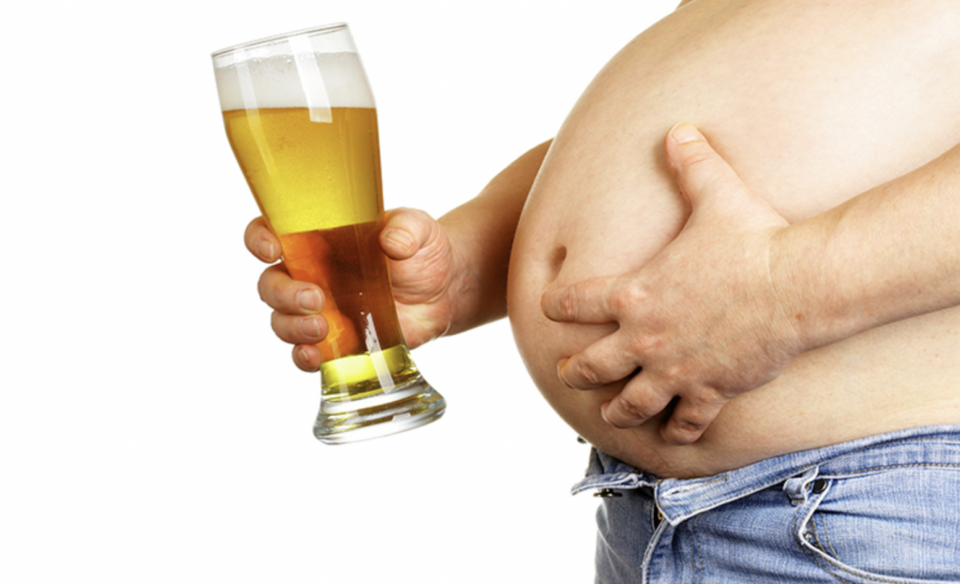The impact of alcohol on body fat and overall health has been a subject of controversy. While alcohol itself is not stored as fat but oxidized ahead of other fuels, it has been implicated as a factor that may hinder efforts to lose body fat. Moderate drinking has shown some potential health benefits, such as improved insulin sensitivity and cardiovascular health, but experts differ on whether alcohol has a place in a fitness lifestyle.
A recent study published in the journal Obesity sheds new light on the relationship between alcohol, insulin resistance, and abdominal obesity. The study found that alcohol intake in older men did not improve insulin sensitivity as previously hypothesized. Instead, a strong association was observed between alcohol intake, waist circumference, and waist-to-hip ratio. High alcohol intake, particularly from hard liquor, was closely linked to abdominal body fat, which poses serious health risks.
The controversy surrounding alcohol’s influence on obesity, abdominal fat, and insulin sensitivity arises due to the limitations of epidemiological research and the complex nature of the human body. Factors such as lifestyle, age, diet, and eating habits play a significant role. Alcohol can disrupt the body’s perception of hunger, satiety, and fullness, leading to additional calorie consumption and a positive energy balance, ultimately resulting in fat gain. Hormonal effects, such as decreased testosterone and increased cortisol levels, may also contribute to abdominal fat accumulation.
Heavy drinkers, however, present a different scenario. While alcohol contains calories, chronic excessive alcohol consumption may affect liver function and the metabolism of alcohol, potentially rendering some of those calories unavailable for energy. Moreover, heavy drinkers often consume fewer calories from food, maintaining a calorie deficit and preventing fat gain. Despite this, their overall health may be compromised due to the lack of proper nutrition.
In conclusion, the notion that alcohol automatically turns into fat or causes a “beer belly” is not entirely accurate. Alcohol adds calories to the diet, disrupts hormonal balance, and can stimulate appetite, leading to additional calorie consumption and fat gain. However, if alcohol is consumed in moderation, with careful consideration of its calorie content and compensation in the overall diet, it is possible to lose fat while enjoying an occasional drink. Nevertheless, it is essential to prioritize nutrient-dense calories and maintain a healthy lifestyle.

